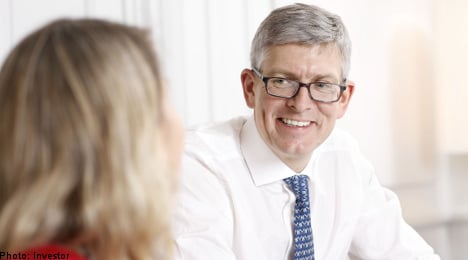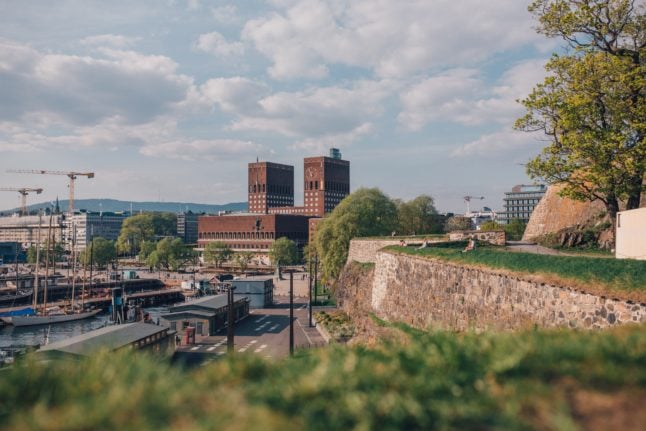The profit for the period, including unrealized change in value, was 13.2 billion kronor (26.4). The corresponding figure for the third quarter was 4.9 billion kronor (12.5).
“The markets have remained unsettled during the quarter. Even though we have been discharged from the Emergency Room after the financial crises, the rehabilitation process continues,” said CEO Börje Ekholm in a statement.
Core investments contributed 12.8 billion to growth in net asset value over the period with Atlas Copco having the largest positive impact (5.7 billion), and Saab AB having the largest negative impact (-342 million).
Significant events during the period include the acquisition and consolidation of healthcare provider Aleris for a sum of 2.5 billion kronor.
Furthermore Investor announced the purchase of an additional 34 percent of the equity in Mölnlycke Health Care for approximately €510 million. Investor will own 96 percent of the company after regulatory approval, which is expected during the fourth quarter.
The firm made no further investments in core holdings during the period, but Ekholm said that “we remain prepared to invest when we find the valuation attractive”.
Operating investments contributed 1.2 billion kronor to net asset value over the period, while private equity investments contributed -437 million kronor.
The firm reported that telecom operator 3 Scandinavia continued to grow during the quarter on the back of demand for smart phones and continues to be cash flow positive with net debt down to below 10 billion kronor.
“All in all, we are pleased with the portfolio of companies we have within Operating Investments, and we continue to see many opportunities to generate proprietary value,” Ekholm said.
Leverage (net debt/total assets) amounted to 4.7 percent at end September 2010.
The total return on the Investor share was 6 percent (13) during the period. The total annual return averaged 6 percent over the past 5-year period.



 Please whitelist us to continue reading.
Please whitelist us to continue reading.
Member comments